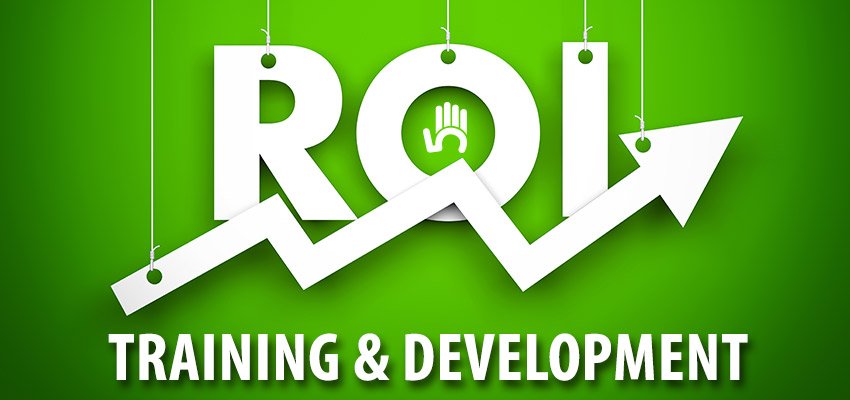Course Overview
Logistics And Supply Chain Management Certificate in Dubai United Arab Emirates demonstrates specialized expertise in the field. Certified professionals take up managerial positions and exhibit their skills in logistics effectively. Additionally, they are picked in the Logistics and Supply Chain Management Interview process over non-certified counterparts. Logistics And Supply Chain Management Training in Dubai United Arab Emirates gives a detailed understanding of the fundamentals and related concepts. The course focuses on planning, sourcing, warehousing, operations, procurement, transportation, storage, and inventory management.LSCM Course in Dubai further enables them to mitigate risks and sustain in the industry.
Benefits
- Understand the importance of logistics and supply chain operations
- Gain an in-depth understanding of international trade and logistics
- Develop knowledge of logistics and logistics system dynamics
- Become an expert in aligning supply chains
- Earn globally recognized credentials in the supply chain domain
Target Audiance
- The meticulous planner who scrutinizes every inventory detail for maximum efficiency.
- The eager learner absorbing every aspect of inventory control to streamline operations.
- The tech-savvy enthusiast seeking to integrate cutting-edge software into warehouse management.



 4.9
4.9

